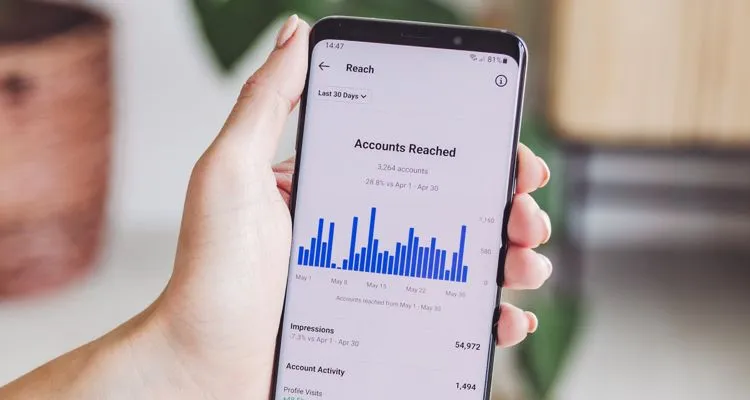
Photo Credit: Georgia de Lotz
RIAA CEO Mitch Glazier says his organization is challenging TikTok’s exploitation of recorded music to build its audience.
The RIAA released its recorded music revenue data for 2022, showing a seventh straight year of growth. That’s partially due to an 8% increase in paid subscription streaming revenues. 84% of the U.S. recorded music revenues now come from streaming music, up from just 15% ten years ago.
Glazier attributes that success to the RIAA’s crackdown on recorded music licensing on the internet. “[We’re] constantly reinventing our efforts to shut down online ripoffs and music piracy—and to ensure that emerging technologies are used in ways that respect and compensate artists and rightsholders,” Glazier says.
“Whether that is monitoring the use of unlicensed music in Twitch livestreams and Discord chat rooms to setting down clear markers for the use of licensed music and artist rights and imagery in the metaverse and NFTs. Record companies are there on the ground every day making sure artists and rightsholders get paid—and paid fairly.”
Glazier continues by saying that standing up for artists also means challenging platforms like TikTok.
“TikTok exploits recorded music to build an audience, drive engagement, and boost company revenues to stratospheric heights. TikTok’s actions in foreign markets to manipulate access to American music raise profound red flags about the service’s commitment to U.S. licensing policies—and fly in the face of its promises to consumers. 75% [of consumers] say they come to the platform to engage with music.”
This sentiment mirrors what some United States Department of Defense officials are saying about TikTok. TikTok’s domination is concerning not just because of what you see, but because of how TikTok can manipulate its Discover Feed. “We will always defend real culture and human artists from a digital tsunami of empty knock offs and chatbot impersonations that drain the value from genuine creative works by flooding the market with soulless ‘content’ commodities trained via unlicensed copying,” Glazier reaffirms.
